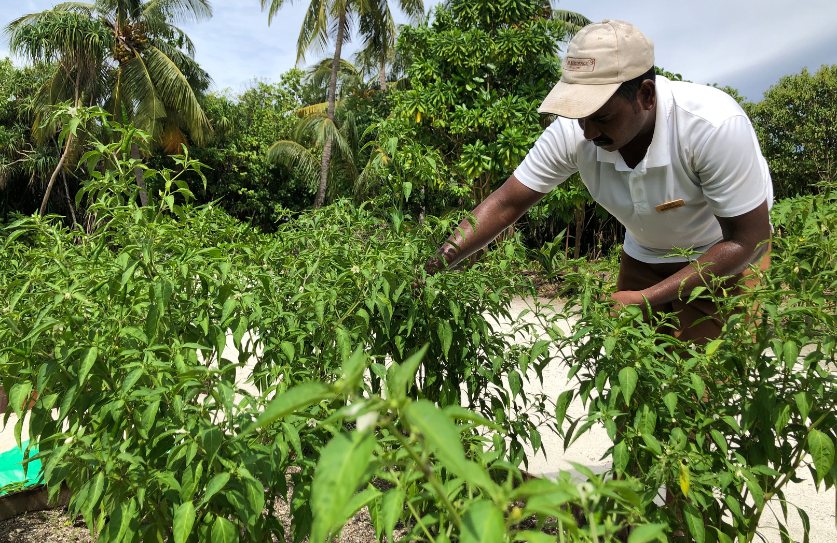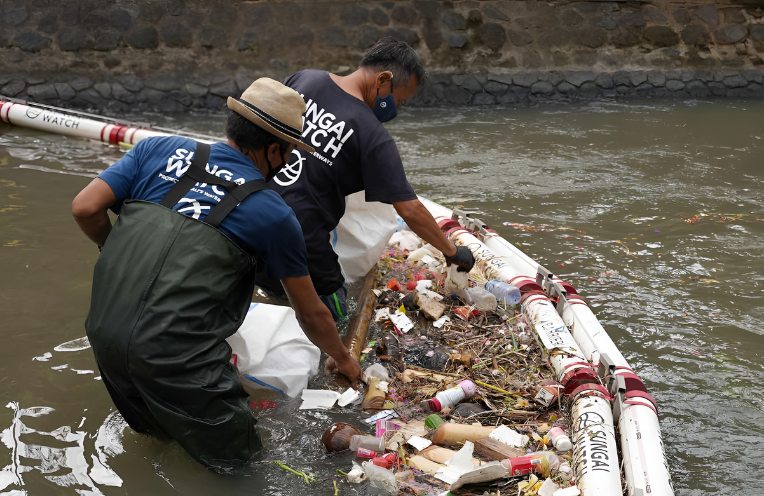Luxury Travel Lifestyle PR
To mark this year’s Earth Day, we sat down with Anna Pollock, the visionary founder of Conscious Travel and leading voice for regenerative practices and ethical leadership in the tourism industry.

Observed annually on April 22nd, Earth Day serves as a global reminder of the importance of environmental conservation and sustainable living. It prompts individuals and organisations worldwide to reflect on their impact on the planet and to take action towards a more sustainable future.
To mark this year’s Earth Day, we sat down with Anna Pollock, the visionary founder of Conscious Travel and a staunch advocate for regenerative practices and ethical leadership in the tourism industry. With a career in tourism spanning decades, Anna now uses her Conscious Travel platform to spearhead a movement committed to ensuring that destinations can welcome guests without causing harm to the Earth. She firmly believes in the sector’s potential to promote well-being, prosperity, and welfare, for both people and the environment, stressing the importance of managing tourism in alignment with nature’s principles and the interconnectedness of all life.
Anna, what drives your work in sustainable tourism?
I’ve spent the past five decades witnessing the industrialisation and extraction-driven nature of the tourism sector, realising the unsustainability of its growth models. Describing myself as a strategic generalist, I seek to connect the dots, discern patterns, and understand the world’s trajectory to ensure our civilization’s survival. My recent focus involves exploring regenerative approaches in tourism, aiming to shift the sector towards creating genuine value and well-being while fostering the thrivability of our natural world.
With your extensive experience in tourism, how do you perceive the sector’s response to environmental challenges over the years?
In short – inadequate. While some businesses have made efforts to reduce their ecological footprint and improve working conditions, the sector’s overall impact remains largely unchecked. The continuous growth in volume outpaces operational efficiency improvements, and insufficient attention is given to ensuring tourism benefits adequately reach host communities.

Can you shed light on the concept of conscious and regenerative travel and their distinctions from sustainability?
The term “sustainability” has become ambiguous. For some, sustainability implies maintaining a natural environment in a condition that can support life. However, for the majority, it often translates to preserving current business practices to sustain the existing system, essentially “business as usual.”
I adopted the term “conscious travel” as a business moniker because I firmly believe that we need to awaken to humanity’s perception of the world and question the values, assumptions, and beliefs underlying our current socio-economic system. Awareness is the precursor to meaningful change.
Regenerative travel or tourism should encompass the application of regenerative thinking to this sector. This approach is rooted in a fundamentally different understanding of how the world operates, viewing the planet and all its inhabitants, both human and non-human, as integral participants in a living system comprising interconnected and interdependent systems. It involves living within Earth’s natural limits, recognising its capacity to absorb waste and toxins resulting from industrial activity, and learning to live in harmony with life’s principles. Regeneration does not replace or negate the essential need for sustainable practices aimed at reducing or mitigating harm but rather goes beyond, developing new ways of working in alignment with nature and cultivating the long-term capacity for businesses to thrive.
Luxury travel often conveys notions of grandeur and excess, which seemingly conflict with sustainability. How can luxury travel brands balance their commitments to sustainability while still providing guests with unparalleled experiences?
Luxury travel’s environmental impact arises from excessive consumption rather than the quality of experiences. When its activities result in more costs than benefits, it conflicts with both sustainable and regenerative travel. Core issues include excessive rates of consumption, such as emissions from air travel, water and energy use, food miles, and plastic waste. When luxury activities result in more environmental costs than benefits, they contradict the ethos of both sustainable and regenerative travel.
There is no evidence that the provision of “unparalleled experiences” inherently needs to be more negatively impactful if properly designed. The ability to watch the Milky Way in all its clarity is now considered a luxury. This in itself reflects a shift in the very definition of luxury while underscoring the importance of preserving the planet and the beautiful destinations on which tourism depends.
The theme of this year’s Earth Day is Planet vs. Plastic. Could you provide insight into the magnitude of the plastic challenge within the hospitality industry today?
The plastic challenge within the hospitality industry today is indeed significant. With 80% of tourism taking place in coastal areas, hotels and resorts contribute significantly to plastic pollution, adding to the 8 million tonnes of plastic that enter the ocean annually. During peak tourist season, marine litter in regions like the Mediterranean can surge by up to 40%. Moreover, the production of more than 300 million tonnes of new plastic each year depletes natural resources and contributes to greenhouse gas emissions. With plastic pollution continuing to grow, it’s crucial for the hospitality industry to take action.

Could you tell us about some examples of luxury hotels and travel brands that have made significant strides in waste reduction and transitioning towards a circular economy?
One notable example is the initiative of Sungai Watch, an Indonesian-based non-profit committed to protecting and restoring the world’s rivers through simple technologies aimed at halting the flow of plastic pollution into the ocean.
Although Sungai Watch operates independently of luxury hotels and tourism organisations, numerous establishments on the island eagerly support its mission to combat plastic pollution. Some participate through large-scale beach cleanup initiatives, while others generously sponsor Sungai Watch Trash Barriers. Through this collaborative endeavour, Sungai Watch has successfully installed 270 trash barriers and retrieved over 2,030,000 kilograms of plastic waste from Indonesia’s rivers and oceans.
By joining forces with innovative organisations like Sungai Watch and implementing internal waste reduction strategies, luxury hotels have a unique opportunity to play a pivotal role in addressing waste management challenges within their host communities.
What message would you impart to luxury hospitality leaders regarding sustainability and regeneration’s importance?
As providers of luxury hospitality, you possess the financial resources to invest in technologies capable of minimising your environmental footprint. Your clientele, with their ability to afford such costs, increasingly gravitates towards brands committed to sustainability. This presents an opportunity for you to take the lead, rather than follow, in this regard.
What’s your vision for the future of sustainable luxury travel?
Given the universal impact of climate change and economic inequities, all travel, including luxury, must minimise negative impacts and support positive sector-wide changes. Luxury brands have a heightened responsibility to lead by example in creating a sustainable travel future.
Luxury Travel & Lifestyle PR
Luxury Travel & Lifestyle PR

